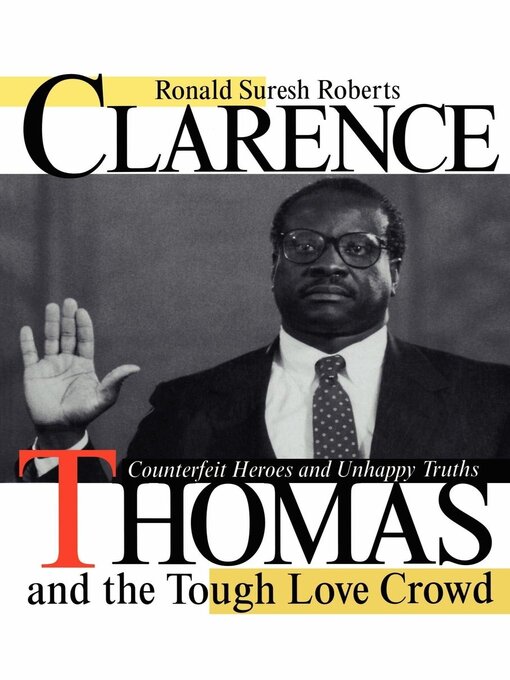In recent years, black neoconservatism has captured the national imagination. Clarence Thomas sits on the Supreme Court. Stephen Carter's opinions on topics ranging from religion to the confirmation process are widely quoted. The New Republic has written that black neoconservative Thomas Sowell was having a greater influence on the discussion of matters of race and ethnicity than any other writer of the past ten years.
In this compelling and vividly argued book, Ronald Roberts reveals how this attention has turned an eccentricity into a movement. Black neoconservatives, Roberts believes, have no real constituency but, as was the case with Clarence Thomas, are held up—and proclaim themselves—as simply and ruthlessly honest, as above mere self-interest and crude political loyalties. They profess a concern for those they criticize, claiming to possess an objective truth which sets them apart from their critics in the establishment Left. They claim to be outsiders even while sustained by the culture's most powerful institutions. As they level attacks at the activist organizations they perceive as moribund, every significant argument they advance rests on fervent mantras of harsh truths and simple realities.
Enlisting the ideal of impartiality as a partisan weapon, this Tough Love Crowd has elevated the familiar wisdom of Spare the rod and spoil the child to the arena of national politics. Turning to their own writings and proclamations, Roberts here serves up a devastating critique of such figures as Clarence Thomas, Shelby Steele, Stephen Carter, and V. S. Naipaul (Tough Love International). Clarence Thomas and the Tough Love Crowd marks the emergence of a provocative and powerful voice on our cultural and political landscape, a voice which holds those who subscribe to this polemically powerful ideology accountable for their opinions and actions.
- Popular Nonfiction
- Fantastic Fiction
- Just added
- Comics & Graphic Novels & Manga
- See all ebooks collections

